Food Security in India
This volume is the outgrowth of the UGC sponsored National Seminar on “Food Security in India: Challenges Ahead in the Era of Globalization” organised by Department of Economics, Kazi Nazrul Islam Mahavidyalaya,Churulia, Burdwan, West Bengal in collaboration with Department of Humanities, Asansol Engineering College, Asansol, Burdwan, West Bengal on 21-22 January, 2013. The objectives of the seminar were to discuss the need for achieving food security which is felt significantly necessary in the recent years due to enormous pressure from the ever-increasing population in India. India still faces a grim food crisis although food and agricultural production based on contemporary trends is sufficient to meet the demand in future decades. Today it is indistinctness about the statistics of undernourished people in India because there is lack of consistent source. Even in the absence of appropriate figure, there is general concord that the number of people who are severely affected by hunger and malnutrition is extremely large. The complex challenge of improving food security involves an interdependent and interconnected set of issues, including agriculture, energy, environment, government policy and trade. Owing to the change in preferences in crop production techniques over a period of time, several new challenges draw attention to food security. It was felt indispensable to make an in-depth critical analysis on challenges like crop diversification, issues related to biofuel and medicinal plant cultivation, climate change, mismatch between water demand and availability, recent status in production of high yielding crop varieties and agricultural crop pricing and insurance and new trends in globalization and urban encroachments. Nevertheless, a powerful debate has begun to emerge among experts who believe the world is headed for food insecurity in the future versus those who believe the future will feature plentiful and inexpensive food. These positions can be divided into two utterly opposed schools of thought. This volume has been tried to address these issues in a decisive way so that a fruitful strategy can be spelt out.
Get it now and save 10%
BECOME A MEMBER

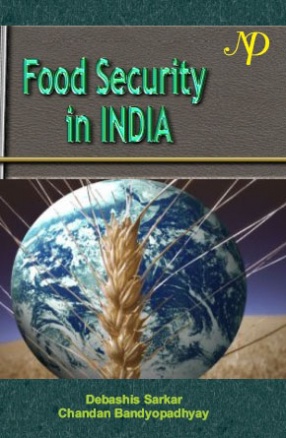

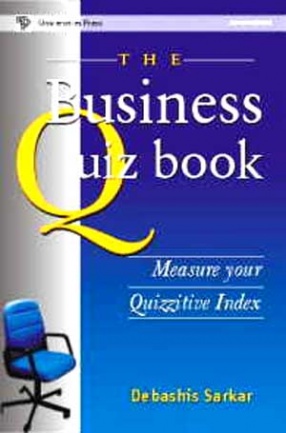
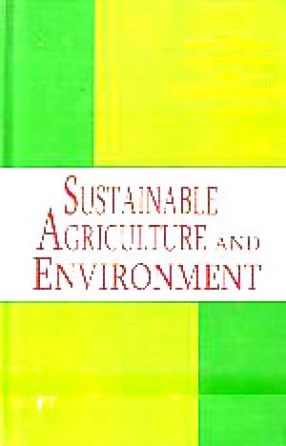
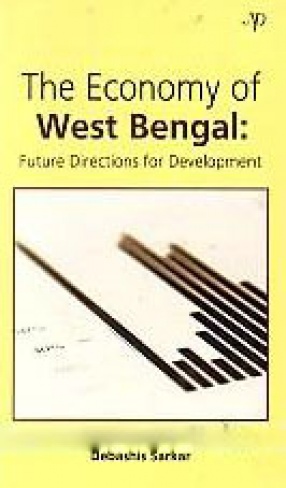
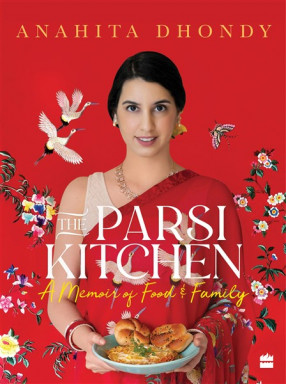

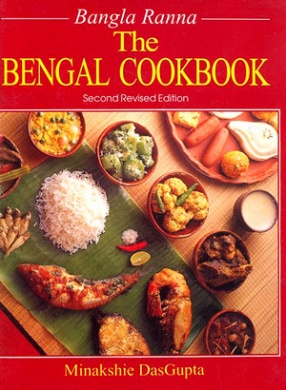
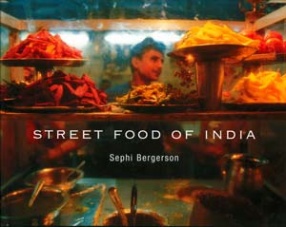

Bibliographic information
Chandan Bandyopadhyay